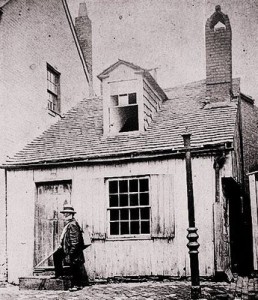Monticello Mar. 16. 14.
Dear Sir
Your favor of the 7th was recieved by our last mail and I have, by it’s return written to the President, bearing testimony with pleasure to the merit of your conduct and character through every stage of my acquaintance with them. no one whose conduct has been so rational and dutiful as yours ever had, or has now any cause to fear. those only who use the influence of their office to thwart & defeat the measures of the government under whom they act, are proper subjects of it’s animadversion, on the common principle that a house divided against itself must fall. you were faithful, as you ought to have been to the administration under which you were appointed, & you were so to that which succeeded it. be assured you have nothing to fear under so reasonable and just a character as the President. I am happy in having been furnished with an occasion of proving my readiness to be useful to you, and of manifesting my esteem for merit and respect for honest opinions when acted on correctly; and I pray you to accept the assurance of my friendly attachment.
Th: Jefferson
On March 16, 1814, Thomas Jefferson sent his reply to Baltimore Postmaster Charles Burrall’s letter from March 6. Jefferson’s biblical reference “a house divided against itself must fall” comes from Matthew 12.25.
Learn more about Charles Burrall and the politics around his position as Baltimore Postmaster in our original post about the correspondence.
